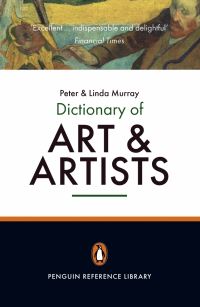Description
An introduction to William Morris’s personal collection of artworks from the Islamic world and how they came to influence his pattern-making
One of the principal founders of the Arts and Crafts movement, William Morris was responsible for hundreds of patterns for wallpapers, fabrics, tapestries, and carpets that are iconic of the late nineteenth century and continue to resonate today. It is now widely acknowledged that his artistic production was stimulated by his deep familiarity with embroideries, woven velvets, silks, carpets, and metalwork from Iran, Syria, and Turkey, which he collected throughout his lifetime.
Ranging from popular nineteenth-century tourist merchandise to rare artefacts of historical significance, Morris’s collection is a testament to the interconnectedness of global artistic traditions and the enduring importance of recognising the contributions of various cultures to the evolution of his design and craftsmanship. This highly illustrated publication offers diverse perspectives in contextualising Morris’s role within contemporary debates around colonial collecting, Islam’s representation in the museum context, and issues of cultural appropriation from contributors within the field of British Arts and Crafts and Art from the Islamic world.




